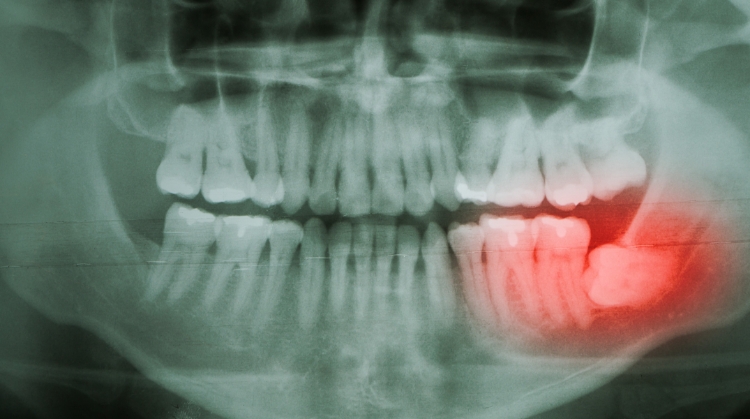Wisdom teeth removal is a common dental procedure that many people undergo in their late teens or early twenties. While some individuals may experience no issues with their wisdom teeth, others may face complications that necessitate their removal. Understanding the reasons behind wisdom teeth removal and the implications of impacted wisdom teeth can help demystify this periodic rite of passage for many.
What are Wisdom Teeth?
Wisdom teeth, also known as third molars, usually emerge in early adulthood, typically between the ages of 17 and 25. For some, these teeth erupt without any issues and can function just like any other set of molars. However, for many, wisdom teeth do not have enough space to grow properly, leading to discomfort and potential dental health concerns.
Impactions and Their Consequences
One of the most common issues related to wisdom teeth is impaction. Impacted wisdom teeth occur when these molars do not fully emerge through the gums due to lack of space. This can lead to various problems, including:
- Pain and Discomfort: Wisdom teeth pain is often the first noticeable symptom of impaction. This pain can radiate throughout the jaw and may make it difficult to eat or speak.
- Infection: Partially erupted wisdom teeth can trap food and bacteria, leading to infections. Symptoms may include swelling, fever, and bad breath.
- Damage to Adjacent Teeth: Impacted wisdom teeth can push against neighboring teeth, potentially causing misalignment or damage to those teeth.
Because of these issues, many dental professionals recommend early evaluation and possibly wisdom teeth removal.
Signs You May Need Wisdom Teeth Removal
Recognizing the signs that indicate you may require wisdom teeth removal is crucial. Some common signs to look out for include:
- Persistent Pain: Ongoing wisdom teeth pain that does not subside with over-the-counter pain medication should prompt a visit to the dentist.
- Swelling or Infection: Signs of infection, including swelling around the gums or jaw, can indicate that your wisdom teeth are causing health issues.
- Jaw Stiffness: An inability to open your mouth fully or jaw stiffness may suggest dental problems related to your wisdom teeth.
- Tooth Position Changes: If you notice changes in the alignment of your teeth, it may be due to the pressure exerted by your wisdom teeth.
If you experience any of these symptoms, it is essential to consult with a dental professional to evaluate the need for tooth extraction.
The Wisdom Teeth Removal Process
If you and your dentist decide that wisdom teeth removal is the best course of action, understanding the dental surgery process can alleviate some anxiety. The extraction procedure typically involves:
- Consultation: Your dentist will conduct a thorough examination, often using X-rays to determine the position of your wisdom teeth.
- Anesthesia: The procedure is usually performed under local anesthesia, sedation, or general anesthesia, depending on the complexity of the extraction and your comfort level.
- Surgical Extraction: During the procedure, your dentist will carefully remove the wisdom teeth that are causing issues. In some cases, if the teeth are impacted, some gum and bone may need to be removed to extract the tooth.
- Recovery: Post-surgery, you will receive care instructions, including how to manage pain and swelling. It is normal to experience some discomfort as you heal, but your dentist will prescribe pain medication to help you through the recovery.
Final Thoughts
Understanding why wisdom teeth removal may be necessary is an essential part of maintaining good dental health. Impacted wisdom teeth can lead to a host of issues, including pain, infection, and damage to neighboring teeth. By being aware of the signs that indicate you may need dental surgery, you can take proactive steps to protect your dental health.
If you’re experiencing wisdom teeth pain or any discomfort associated with your wisdom teeth, don’t hesitate to consult with your dentist. Addressing potential problems early on can help you avoid more serious complications in the future. Remember, while the thought of tooth extraction may seem daunting, many individuals successfully navigate the process and emerge with improved oral health.



